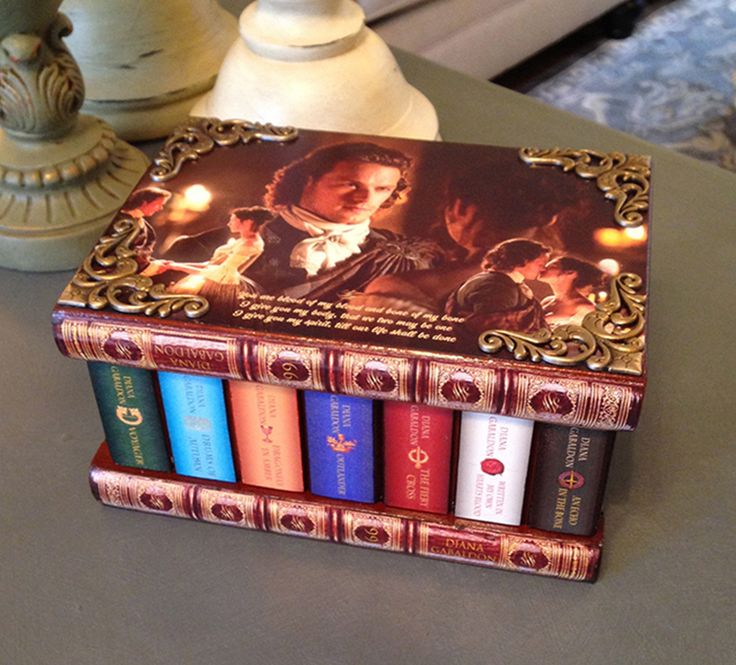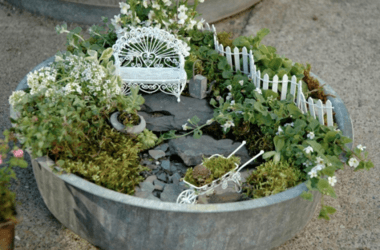
Easy origami Dragon
For Chinese New Year, a simple origami dragon is a great craft idea for children. You can use crepe paper to make the dragon's head and body. Extra pieces can also be cut from crepe paper and attached to the back. Another way to decorate a dragon is to paint it with toilet paper and then press it into the form of a mouth. You can glue tissue paper strips to the nose and eyes.
Monsters made of paper plates
Paper plate monsters are an excellent craft for children's new year. They can be made with a party blower instead of a mouth, and they're also great for birthday parties!

Countdown clocks
Countdown clocks are great decorations for New Year's Eve. Children will enjoy counting down the days to the new year. You can attach them to party favors and other activities. Countdown watches are another great way to decorate the tables. You can choose between analog and digital styles.
Felt tiger
Chinese New Year is just around the corner, and a tiger is one of the most popular animals to celebrate with your children. Tigers are the third Chinese Zodiac animal. Many of their celebrations are associated with courage strength and prosperity. These simple crafts for children will be a great way to celebrate the Year of the Tiger. These patterns are perfect for preschoolers and can be used for fine motor skills and color concepts like orange and circles.
Bubble Wands
For new year crafts, bubble wands can be simple and enjoyable for children to make. To blow bubbles on craft paper, dip the wand with a single colored color. To create gentle bubbles that won’t splatter, you can lean in. You can also intentionally pop bubbles to spread the color across the paper. You can make large, colorful bubbles, or layer colors. Have fun!

Chinese dragon masks
It's easy to make Chinese dragon masks. This is great for kids, or for just some fun with dragons. This is a simple project. All you have to do is print the template and cut it out. Then add string or elastic. It takes just minutes for kids to make their Chinese dragon mask. This activity can also be used as a homework assignment. You'll have the opportunity to spend quality family time while your children are creating their mask.
FAQ
How do I find a hobby to pursue?
You might feel as though you don't have a choice when you first start your quest for a hobby.
You're probably thinking, "I'm not very artistic," or "I'm terrible at sports," or maybe even "I don't know anything."
You probably have plenty of experience and knowledge to use when you are looking for hobbies.
It's just not something you're aware of.
Take a look around your house. How much stuff are you able to store?
Do you have any toys from the past?
You might have a collection.
You might have always wanted the ability to cook.
Or perhaps you would just like to learn how to play the guitar again.
Whatever it is, there's likely something you can turn into a hobby.
The key is to see that you already have many experience to draw upon.
Once you have done that, you will be able choose a hobby that suits your lifestyle.
What are competitive hobbies?
Competitive sports include running, swimming, cycling, golfing, tennis, etc.
These games are often played by people who enjoy exercise but also offer the opportunity to interact with others.
If you have a hobby that involves physical activity, then you'll probably find that there are other people around who share this interest.
This could include joining a club/group that allows you to play sports together regularly.
Participating in group games, which involve playing alongside others, is another option.
These include soccer (soccer), rugby, netball and hockey.
There are many types of competition.
Some competitions exist solely for recreational purposes.
Others are meant to test competitors' skills.
And still, others are designed to reward outstanding performance.
These cases award prizes to the winners.
Other competitions are meant to test competitors' strength and stamina.
These are called endurance events.
For example, marathon races, triathlons, Ironman Triathlon, etc.
Before participating in these events, athletes often train hard.
They will adhere to a strict training program that prepares them mentally as well as physically.
They might also have to travel for preparation.
It's important not to forget that not all athletes are able to compete in every type event.
Where can I find resources for learning more about hobbies?
There are many websites dedicated to helping people discover new hobbies.
Here are some of our favorite:
www.trythisathome.com - This site provides a list of over 100 different hobbies. This site also contains information on how you can get started with each of them.
www.hobbyfinders.org offers a huge database with thousands of activities. You can search for your interests, skills, location, and many other criteria.
www.indiebazaar.co.uk - IndieBazaar is an online marketplace designed specifically for independent artists and musicians. You will find hundreds of products that range from artwork to music gear on the site.
www.pinterest.com/explore/hobbies - Pinterest is a social media network that lets users "pin" images they find interesting onto their boards. Users can use boards to organize their favorite things into specific categories.
www.reddit.com/r/Hobbies Reddit enables users to post links and articles, as well as videos, on other social media platforms like Facebook. Users can vote on the posts they consider most valuable.
What are observation hobbies?
Observation hobbies can be activities that you watch people do. These hobbies could include reading books, watching sports, or going on vacation. It could also include observing others.
Observation hobbies are great because they help you learn how to think creatively. You can use this knowledge later when you're working on projects for yourself or others.
It will be easier to learn about something if you are interested in it.
If you're interested in football, for instance, you could watch it or read a book. If you want to learn more about photography, you could take or visit exhibitions.
You can play along with songs online or purchase a guitar if you love music.
You could also choose to cook at home or go to restaurants if you are a good cook.
If you love gardening, you might grow vegetables or flowers.
If you like dancing, you could join a dance class or go out with friends.
You can paint pictures if your passion is painting.
If you like writing, you could write stories or poems.
You might enjoy drawing pictures, if you are a good artist.
If you have a passion for animals, you might be able to look after them or work in a zoo.
If science interests you, you can study biology, chemistry or physics.
History lovers can watch films, read books or listen to podcasts.
You could explore the world or travel to places you love if you are a lover of traveling.
Statistics
- I am 100% biologically a woman (discover.hubpages.com)
- The Role of the Mind in Sex, Dating, and Love: Men in the “humor” condition received phone numbers from 42.9% of the female participants and were refused 57.1% of the time. (time.com)
- A new survey by Pew Research Center of teens ages 13 to 17 finds that 36% of girls feel tense or nervous about their day every day; 23% of boys say the same. (pewresearch.org)
- 37% Video Games 36% Travel 36% Health and Fitness (quizexpo.com)
- Studies show that just six minutes of reading can reduce stress levels by 60 percent. (oberlo.com)
External Links
How To
How to learn a musical Instrument
There are many different ways to learn how music is played. You have the option of going to school, buying a book or taking lessons from someone who plays an instrument. Or, you can watch videos online. If you are determined to learn on your own, these tips and tricks might be helpful.
-
Find something that interests or appeals to you. If you don't like any of the instruments you see around, then you should try another one. It is difficult to enjoy an instrument if it is not something you are interested in.
-
Be patient. Learning anything new takes time. Expect to not be able master all things immediately. Instead, continue to practice each day.
-
Regular practice is important. Do this even when you feel tired. This will ensure that your memory doesn't fade.
-
Make sure you choose a safe place to practice. Ideal is a quiet area where you don't have to disturb anyone else. You should also make sure there aren’t any distractions. You should avoid loud music being played near you.
-
Have fun. Music is meant to be enjoyed. So make sure that you always have fun while practicing. It will make you more motivated to keep going.
-
Set goals. When you set goals, you know exactly what you have to achieve. You will never be ashamed to fail.
-
Keep track of your progress. List all of your successes as well as your failures. This will help you to improve your performance over time.
-
Take breaks. Sometimes, all you need is to take a moment to think. Take breaks to allow you to reflect on things.
-
Ask questions. Ask other people if you have any doubts or confusion regarding certain aspects of the instrument. They may be able to help you out.
-
Learn by listening. Many musicians learn by listening to the songs they love and then imitate them. This allows them to understand the basic ideas behind the song.
-
Read books. Lessons learned from books are more valuable than videos and classes. Books also contain information that you cannot find elsewhere.
-
You can join a band. You'll be more motivated to practice when you are playing with others. Plus, you'll meet people with the same interests as you.
-
View tutorials. Tutorials are short videos that explain various topics in great detail. Tutorials are short videos that focus on one part of the instrument. You can learn difficult parts of the instrument by watching tutorials.
-
Different methods are possible. Some people learn best by reading, while others prefer lectures. You can experiment until you discover what works for you.
-
Practice makes perfect. Nobody becomes an expert overnight. It is important to put in a lot of effort before you can become skilled enough to perform well.
-
Learn from other musicians. Listening to your fellow musicians perform their favourite songs can help you learn quicker.